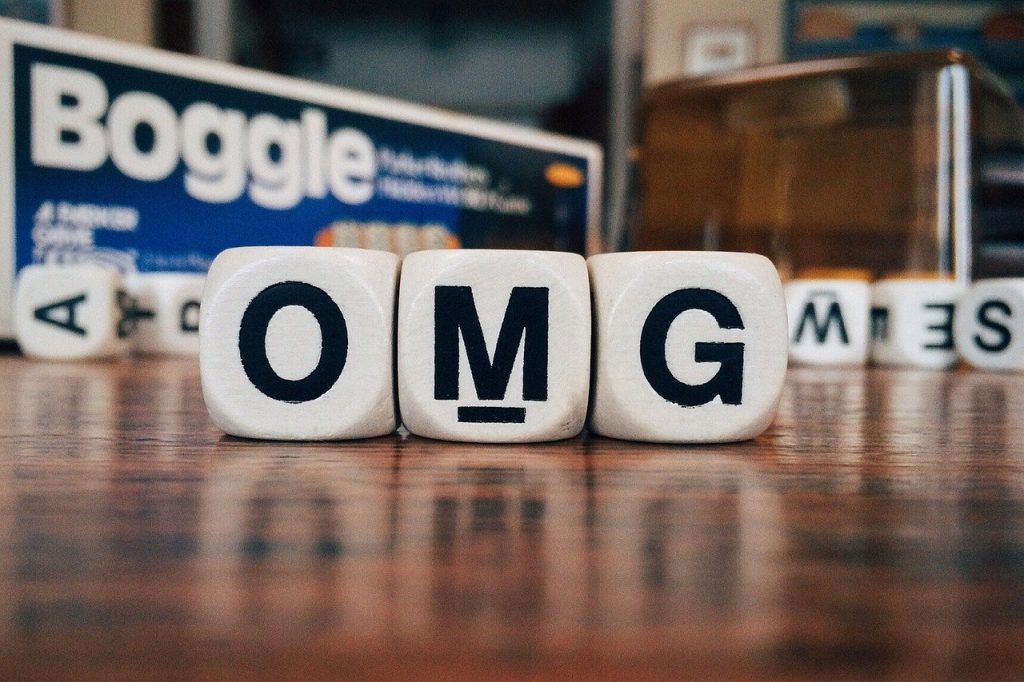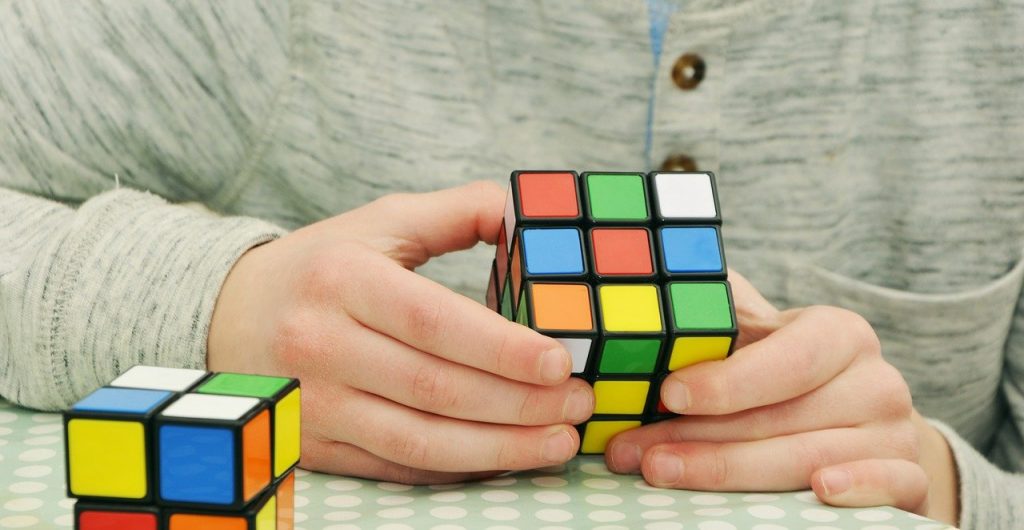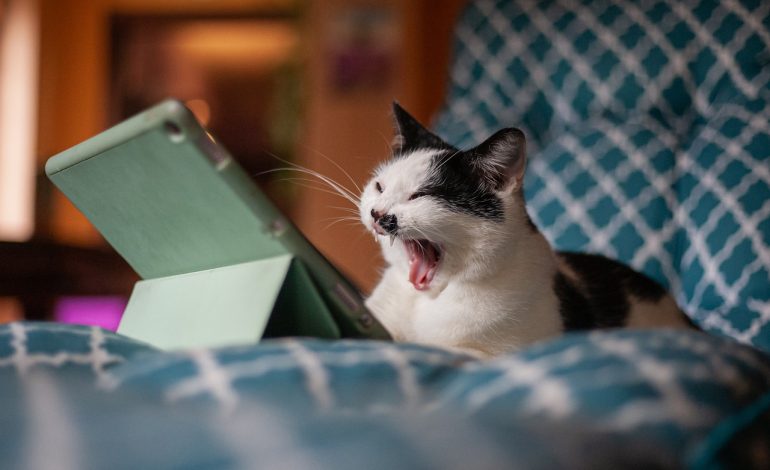Introduction
It’s no secret memory is important for success in college, but memory techniques are often left out of the education system. This article will focus on memory techniques.
There are several methods that can be used to improve memory. One of the most important things to do is to stay mentally active and learn new things. This helps keep the mind active and engaged, which can improve memory. Another thing that can help is to use memory techniques. These are specific methods that can be used to remember information. Some of the most common memory techniques are mnemonic devices, chunking, and visualization.
Almost all scholars agree memory is an influential factor in education, and here we will introduce the most important memory techniques which will help you to improve memory.
Memory depends on four criteria: attention, interpretation, feeling and association. Memory does not transfer information; it changes and modifies information according to its own needs and limitations.

One of the most important things to keep in mind when it comes to memory is that practice makes perfect. The more you use memory techniques, the easier they will become to use and the better your memory will be. So, get started today and see how much of a difference these techniques can make!
Create Memory Aids
When you come across difficult material or have a lot of information to remember for an examination, it is helpful to create memory aids. There are many different ways to do this: flashcards, diagrams, outlines, mnemonics (such as acronyms), etc. The key is to find a method that works best for YOU and then use it consistently.
Mnemonics to easily remember lists
Mnemonics are tools that help make learning and remembering easier. They are usually words or phrases that help associate information with something familiar. For example, the phrase “Please Excuse My Dear Aunt Sally” can be used to remember the order of operations for math problems: Parentheses, Exponents, Multiplication and Division (from left to right), Addition, Subtraction
Mnemonics are also known as memory tools that help you remember information using rhymes, acronyms, or images. For example, the phrase “Every Good Boy Does Fine” can be used to remember the notes on a treble clef: EGBDF.

One of the most popular memory methods is acronyms. Acronyms are words created from the first letter of each term in a phrase or collection of words. For example, if you have to remember the cerebellar signs (Dysdiadochokinesia, Ataxia, Nystagmus, Intention tremor, Slurred speech and Hypotonia) – you can use the first letter of each word and make an acronym (DANISH) to remember it better.
Memory chunking – chunks of bite size memories!
Memory chunking is a memory technique that breaks up information into easier-to-remember pieces. The technique of collecting separate pieces of information into bigger groups is referred to as chunking. You may increase the quantity of information you can recall by grouping each data point into a bigger whole.
Visualization of subject matter like a story
Visualization is another memory technique involves visualizing information to make it easier to remember. For example, you could visualize yourself walking through your house and remembering the layout.
Concentrate on the Difficult pieces of knowledge and problems
Some memory techniques revolve around studying the difficult material in a subject. For example, when learning French vocabulary, focus on words with prefixes and suffixes rather than words in which you have to translate the word from English. When learning history dates, learn events with larger impacts first before studying smaller ones.

Self-testing memory techniques is always better than trying to remember at random. Remembering things at random is not an effective way of remembering information for long periods of time. On the other hand, memory testing stimulates memory recall by creating associations between one piece of memory and another.
Interact New Data with Previously Acquired Information
When you are learning something new for the first time, try to make connections with the subject matters that you already know. It will help you to improve memory and learning fluency. For example, when you last studied the word cat, you already had a lot of information in your memory bank related to that word: furry, four legs, meow, etc. The more memories (interactions) you can associate with the new thing (a feline), the easier it is for memory recall later on.
During study time try to focus your full attention
When you are studying focus your entire attention on the subject matter. When you are finished with your study session, take a break and do something fun before bed; this will help to improve memory retention of the information that you just studied. Give yourself time to process the new material before trying to recall it; 12-24 hours is ideal.
Have plenty of physical activity for better overall wellbeing
Physical activity is important to physical as well as mental wellbeing – therefore a better memory. Physical activity produces a range of hormones which help memory and brain function. Since memory recall is partly a physical process, memory recall tends to be better for those who have more healthy memory-forming chemicals in their system in a balanced manner.
Physical activity has been shown to improve memory, due to the increased blood flow and oxygenation to the body. Exercise releases endorphins, which have mood-boosting effects and can help improve memory.
Keep your stress levels under control

Stress has been shown to interfere with memory formation, especially information that’s not very important. So, if you’re taking an exam, having a lot of stress will also interfere with the memory process needed to pass the exam. If you are learning something new stress from past experiences can hinder memory from encoding into long term memory. By doing relaxation techniques such as yoga or meditation one is able to reduce levels of cortisol – A hormone that causes most memory failures due to lack of sleep or high levels of stress.
Regularly socialize with your friends and family
Social connections aid in the reduction of anxiety and stress, both of which can lead to memory loss. Socializing with friends and loved ones can help for better mental wellbeing and better memory. Socialization with friends or loved ones has been shown in studies as an excellent way of reducing anxiety levels which will help prevent both emotional and physical interference on how well one retains information at any given moment

A little balance goes a long way towards ensuring good mental health – so make sure there are enough social interactions each day (even if just brief chats) because being too introverted leads us into isolation where these effects become greatly magnified
Feed your body and brain too
In order to have a good memory you need to feed your brain with good food. Omega-3 fatty acids are essential for memory and cognitive development. Foods high in omega-3 fatty acids include salmon, mackerel, herring, trout, sardines, walnuts, and flaxseeds.
Conclusion
Whether you’re in school or just interested in improving your memory, learning about these techniques can improve not only how well you remember what you learn but also help with day-to-day tasks. We hope this article has given you some great tips on how to use memory techniques to get the most out of your study sessions and daily life. So go ahead! Read through it again if there’s anything that really stuck out for you, then put them into practice!


